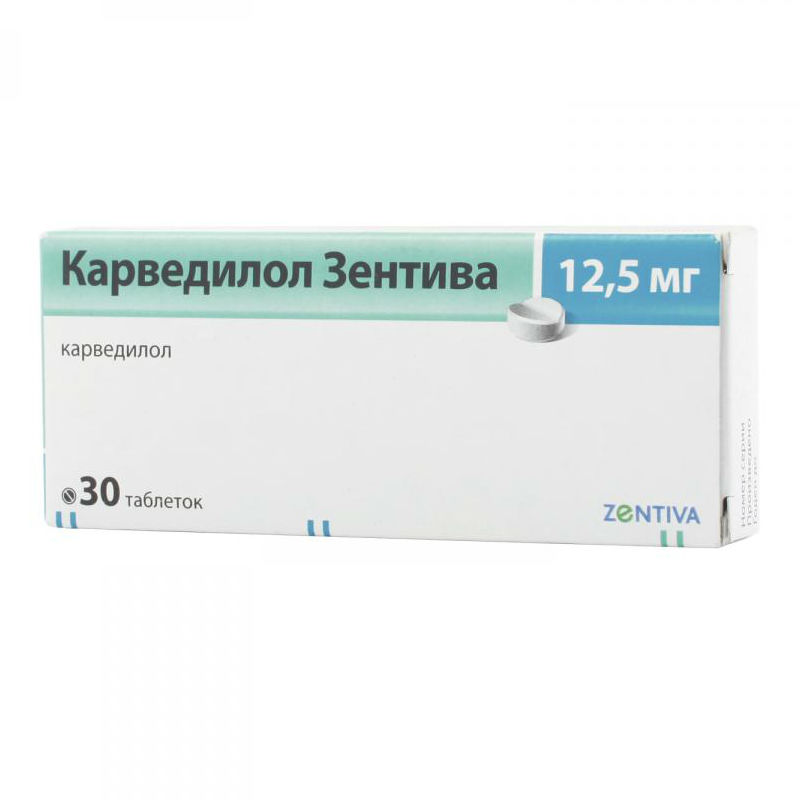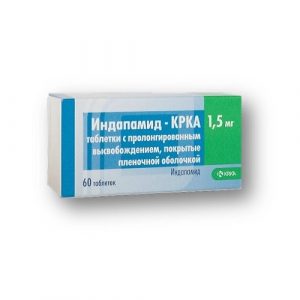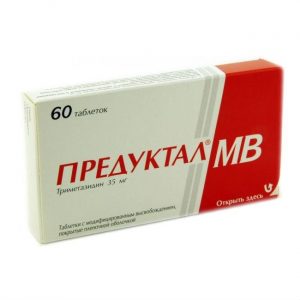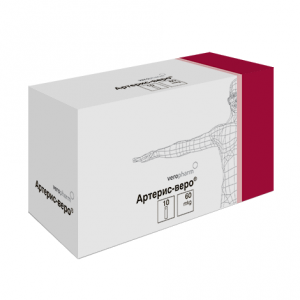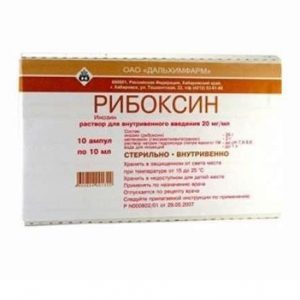Description
Indications
– Arterial hypertension
Essential hypertension (in monotherapy or in combination with other antihypertensive drugs, such as slow calcium channel blockers or diuretics).
– Coronary heart disease (including in patients with unstable angina and painless myocardial ischemia).
– Chronic heart failure
Treatment of stable and symptomatic mild, moderate and severe chronic heart failure (NYHA class II-IV functional class) of ischemic or non-ischemic origin in combination with angiotensin converting enzyme inhibitors (ACEs) and diuretics, with or without cardiac glycosides ( standard therapy), in the absence of contraindications.
Contraindications
– Hypersensitivity to carvedilol or other components of the
preparation – Acute and chronic heart failure in the decompensation stage (NYHA class IV functional class), requiring intravenous administration of inotropic agents
– Clinically significant impaired liver function
– Atrioventricular (AV) block II-III degree (except for patients with artificial pacemaker)
– Severe bradycardia (heart rate less than 50 beats / min)
– Sinus weakness syndrome node (including sinoatrial blockade)
– Severe arterial hypotension (systolic blood pressure less than 85 mm Hg)
– Cardiogenic shock
– Bronchospasm and bronchial asthma (history)
– Pheochromocytoma (without simultaneous use noblockers)
– Under 18 years of age (efficacy and safety not established)
– Pregnancy and lactation
– Intolerance to fructose, lactose, lactase deficiency, sucrose / isomaltase, glucose-galactose malabsorption (the drug contains lactose and sucrose)
Precautions:
Chronic obstructive pulmonary disease (COPD), Prinzmetal angina pectoris, thyrotoxicosis, peripheral vascular occlusion diseases, suspected pheochromocytoma, psoriasis, renal insufficiency interventions and general anesthesia, diabetes mellitus, hypoglycemia, depression, myasthenia gravis.
Special instructions
Use with caution in patients with coronary artery disease and heart failure. Before starting treatment with carvedilol in heart failure, adequate therapy should be carried out to eliminate the symptoms of decompensation.
When using carvedilol in patients with coronary artery disease, it is possible to reduce myocardial oxygen demand (due to blockade of 1-adrenergic receptors). In this regard, the abolition of carvedilol should be carried out gradually in order to avoid the development of angina attacks.
In patients with endocrine disorders, carvedilol can mask the symptoms of hyperthyroidism and early signs of acute hyperglycemia (which should be warned in patients with insulin-dependent diabetes mellitus).
Alcohol is not recommended during treatment.
There is no clinical experience with carvedilol in pediatrics.
Effect on the ability to drive vehicles and control mechanisms
At the beginning of treatment, as well as with an increase in the dose of carvedilol during treatment, one should refrain from driving and other activities associated with the need for a high concentration of attention and quick psychomotor reactions.
Composition of
One tablet contains:
active ingredient: carvedilol – 12.5 mg
excipients: sucrose – 12,500, povidone 30 – 0,600 mg, lactose monohydrate 200 – 84,865 mg, colloidal silicon dioxide – 0,500 mg, croscarme mg, magnesium stearate – 1,500 mg, iron oxide yellow – 0,230 mg, iron oxide red – 0,005 mg.
Dosage and administration
Take orally. The initial dose is 12.5 mg 1 time / day, then the dose is increased to 25 mg 1 time / day. If necessary, the dose can be increased 1 time in 2 weeks, the maximum dose is 50 mg / day. In elderly patients, a dose of 12.5 mg / day may be effective.
Side effects of the
From the cardiovascular system: at the beginning of treatment (first dose effect) and with an increase in dose, episodes of an excessive decrease in blood pressure are possible (usually these phenomena go away on their own and the patient’s condition stabilizes without special correction) with further use of carvedilol possible bradycardia, less frequent disturbances in peripheral blood flow, angina attacks, AV block, episodes of intermittent claudication in some cases – increased manifestations of heart failure.
From the side of the central nervous system and peripheral nervous system: possible weakness, fatigue, headache in some cases – sleep disturbances, mental depression, paresthesia.
From the digestive system: increased tone and motility of the intestine in some cases – a change in the activity of transaminases in blood plasma.
Allergic reactions: rarely – allergic exanthema, itching.
Dermatological reactions: urticaria, reactions resembling lichen planus, the appearance of psoriatic plaques, or an exacerbation of a psoriatic process that previously existed.
From the respiratory system: in some cases – nasal congestion.
From the hemopoietic system: in some cases – thrombocytopenia, leukopenia.
Terms of delivery from
pharmacies Prescription
dosage form
tablets
